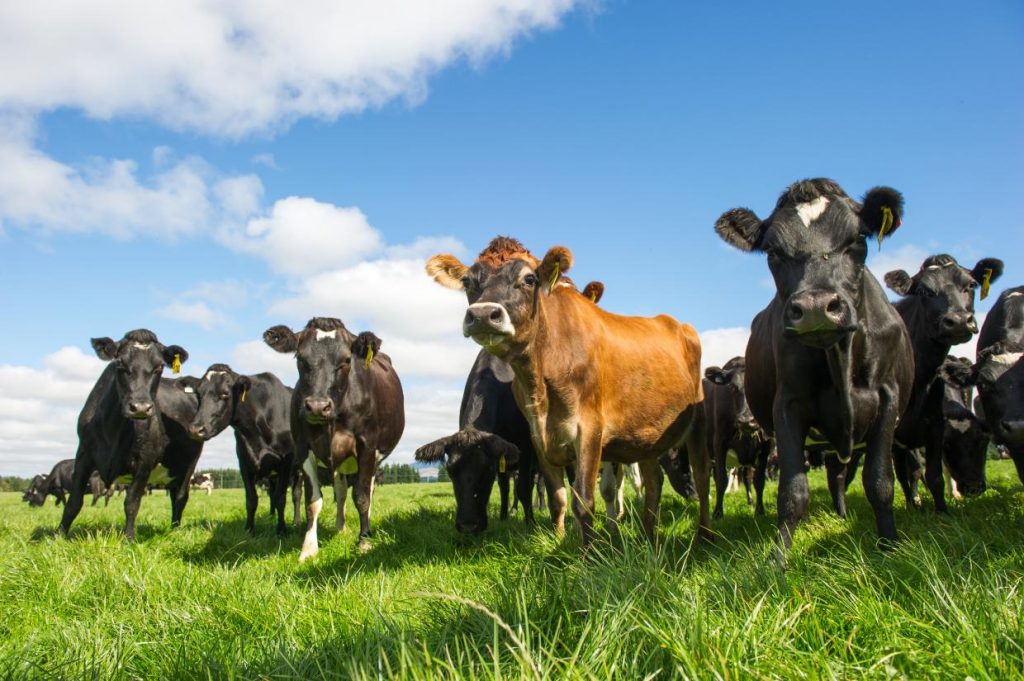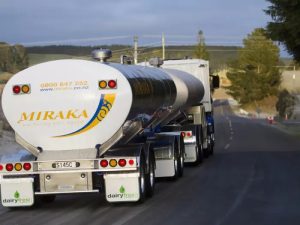
Fonterra says changes are needed to the controversial Gene Technology Bill that would end New Zealand’s Gm-free status.
After announcing an 8% interim halfyear profit rise, Fonterra chief executive Miles Hurrell voiced support for the bill, saying gene technology held promise for the agricultural sector.
“We see it as a positive step in-so-far as it means that we in New Zealand can control our own destiny,” he said.
Fonterra’s submission to Parliament said opportunities from emerging life science technologies could offer significant benefits for sustainable nutrition, animal welfare, human health, biosecurity and the environment.
However, Fonterra had told MPS that it was essential the country put stronger controls in place than were envisaged in the bill to avoid things like genetically-modified cows to find their way into the national dairy herd undetected.
It also warned that allowing genetically modified organisms (GMOS) into the country could pose a threat to organic farming and farmers, largely because GM ryegrasses and other material would be hard to contain to specific areas.
The Gene Technology bill would open the way to scientific research on GMOS, but organic dairy companies have signalled their grave concern with the bill, arguing it puts the country’s exports at risk. Some of the possible applications of gene technology included things like drought-resistant rye grass, and altering microbes in cow guts to reduce methane emissions, but organic farmers worry their crops could be contaminated by GM material.
The bill, which the Government wants to see become law before the end of the year, has been modelled on Australia’s gene technology laws, but there is growing concern that it has been rushed and does not contain enough controls.
As it is currently drafted, New Zealand will effectively allow gene technologies that have been approved by Australian regulators to be introduced here without New Zealand regulators approving it. “This would mean that technologies derived by certain techniques, including SDN-1, would be entirely excluded from regulatory oversight,” Fonterra said.
SDN-1 techniques are where a small change in DNA occurs at a targeted point in the genome, without the introduction of any external DNA. It is also known as Crispr technology. New Zealand’s top 20 markets currently required permissibility assessments and approval of milk from SDN-1 cows, Fonterra said.
Fonterra joined others in calling for strong traceability requirements for GM organisms allowed in New Zealand.
“To ensure market access, regulated traceability requirements through the Bill are, therefore, important to enable verification that our milk is not sourced from SDN-1 cows,” Fonterra said.
Fonterra also told MPS that as currently drafted, the bill would impose onto New Zealand an overseas jurisdiction’s classification system, created for that specific jurisdiction. “It is critical these international influences do not shoehorn or inappropriately limit New Zealand into a particular approach to gene technology regulation,” Fonterra said.
You can now read the most important #news on #eDairyNews #Whatsapp channels!!!
🇺🇸 eDairy News INGLÊS: https://whatsapp.com/channel/0029VaKsjzGDTkJyIN6hcP1K
























